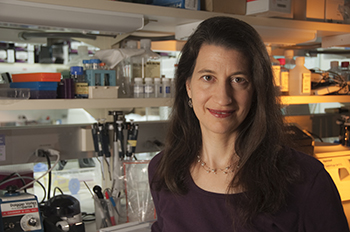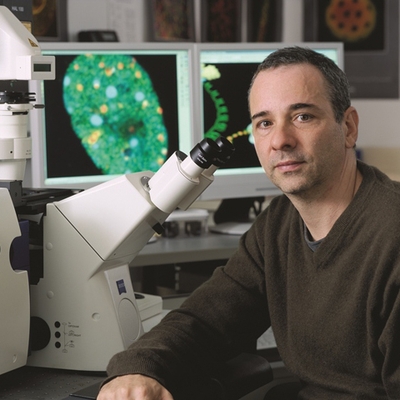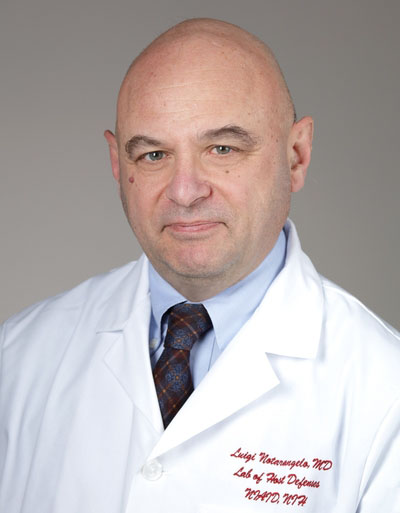IRP’s Lindsey Criswell Elected to National Academy of Medicine
Researcher Seeks Risk Factors for Autoimmune Disease
During the winter months, we all rely on our immune systems to keep us from catching a cold or the flu, or help us recover quickly if we do fall ill. However, sometimes the immune system itself is the source of our problems, producing one of dozens of ‘autoimmune’ conditions, some affecting specific organs and others affecting the entire body, with symptoms that range from irritating and uncomfortable to deadly. Even more alarming, while these ailments already affect as many as 50 million Americans, their prevalence is rising for reasons that remain unclear.
Lindsey A. Criswell, M.D., M.P.H., D.Sc., has spent her career investigating this mystery and tracking down the culprits behind autoimmune ailments, likely a complex network of genes and harmful environmental influences. Dr. Criswell, who is Director of NIH’s National Institute of Arthritis and Musculoskeletal and Skin Diseases (NIAMS) and an adjunct investigator in the National Human Genome Research Institute (NHGRI), was elected to the National Academy of Medicine in 2024 for her accomplishments in this area of research. Her work has identified dozens of genes involved in autoimmune diseases, as well as critical environmental factors that influence their risk and severity.










